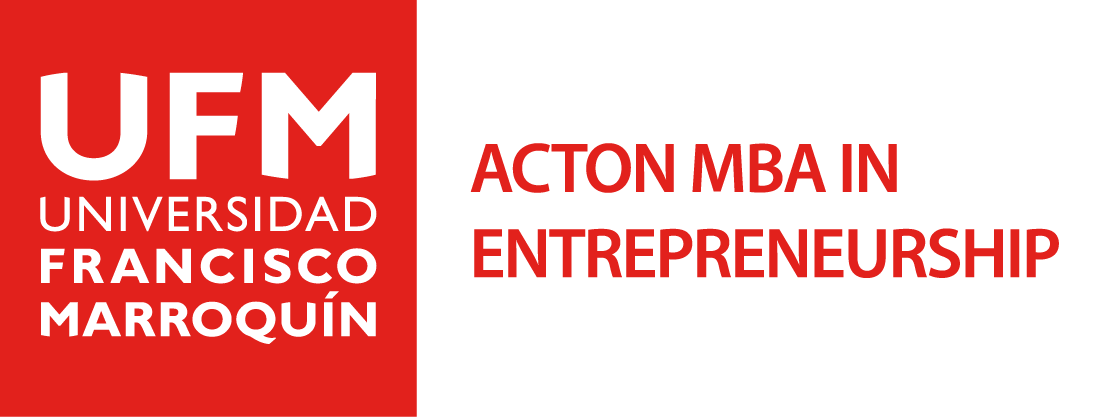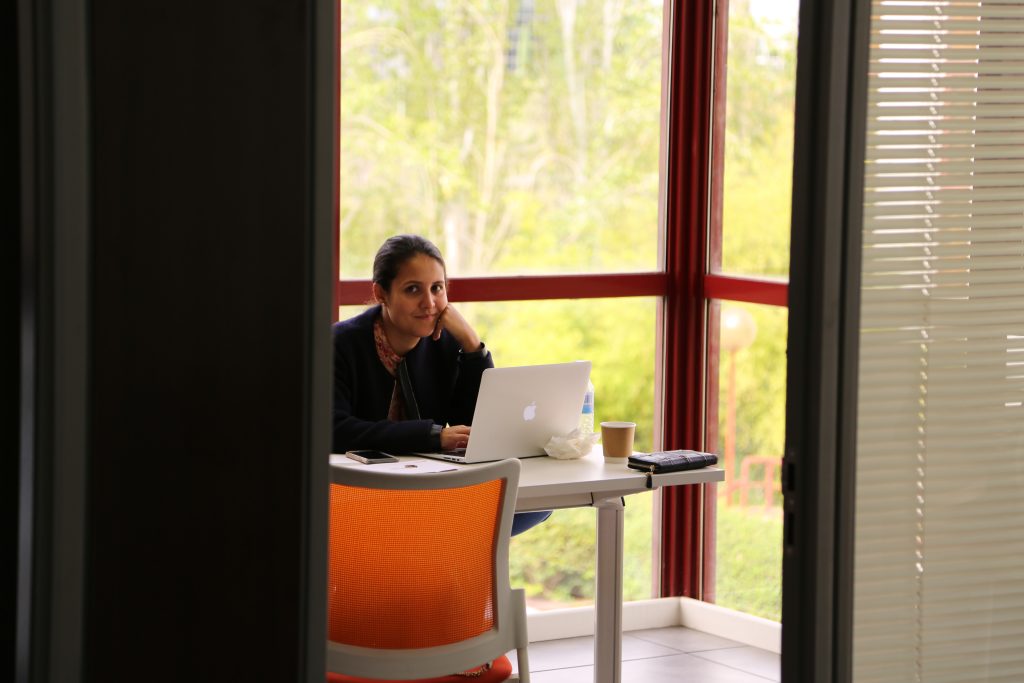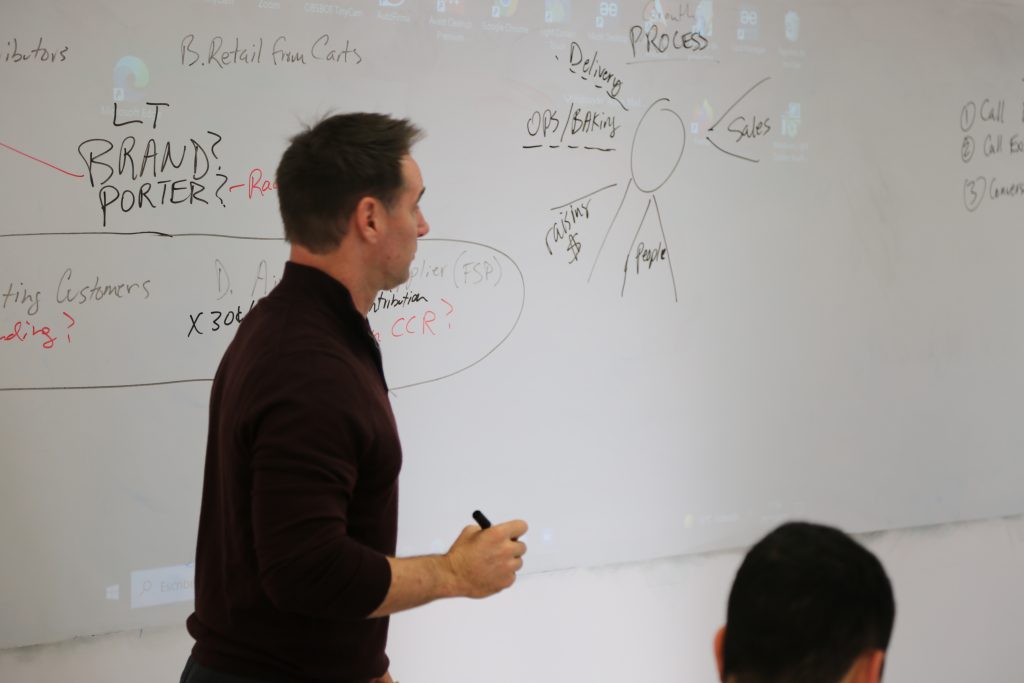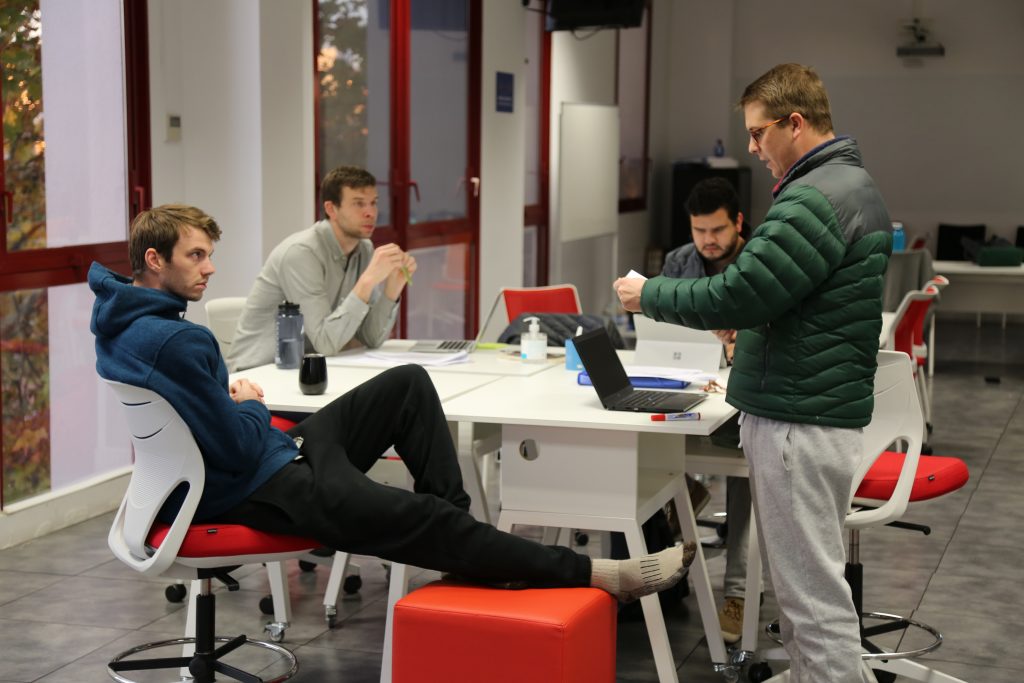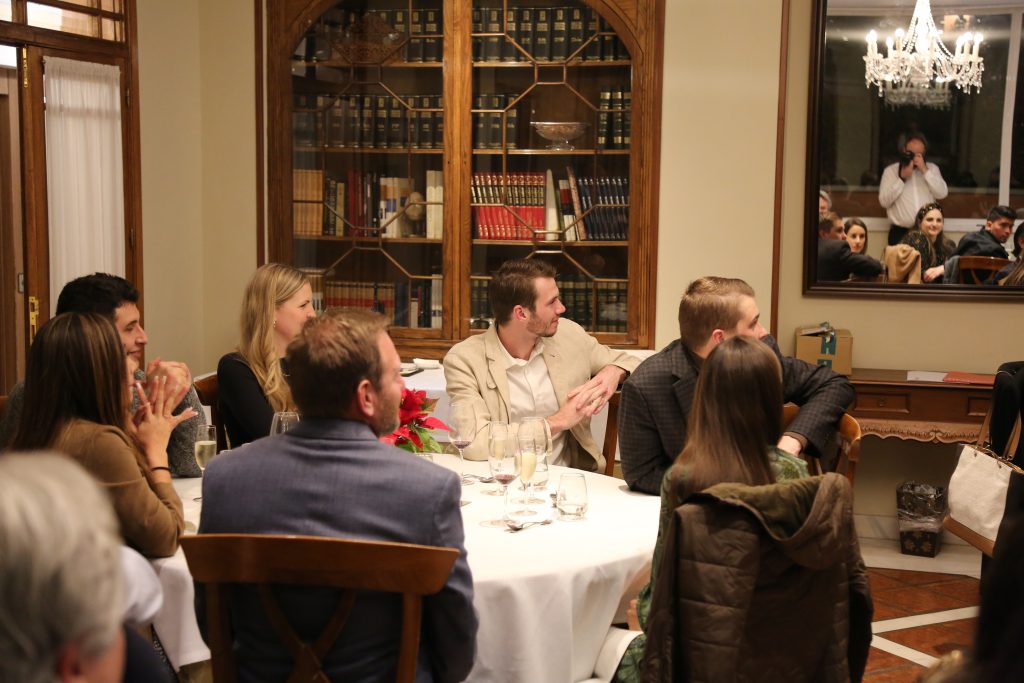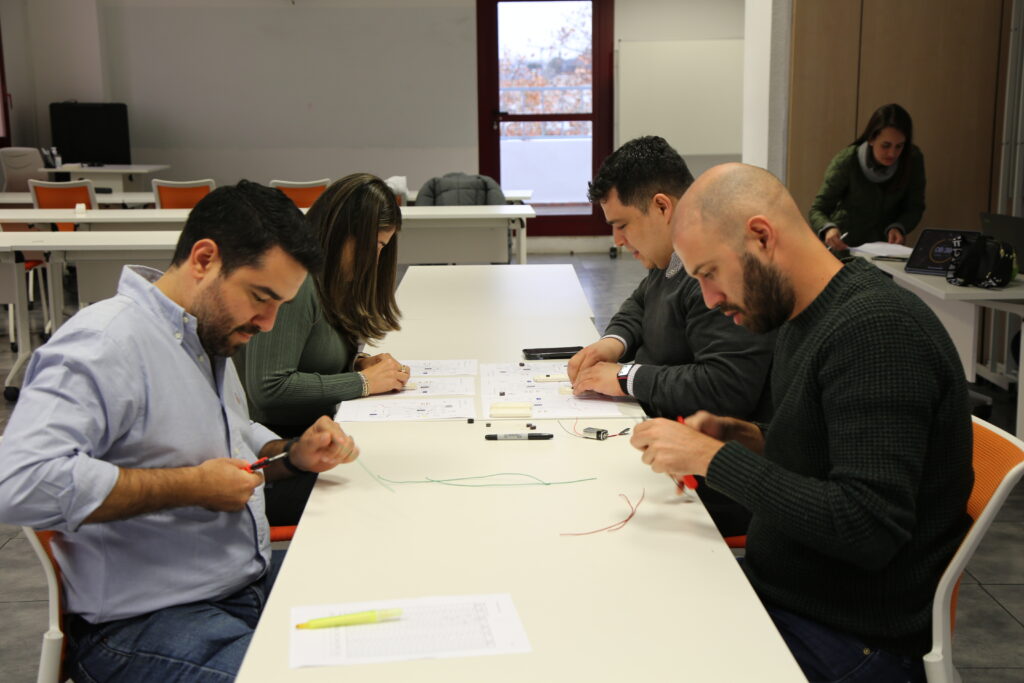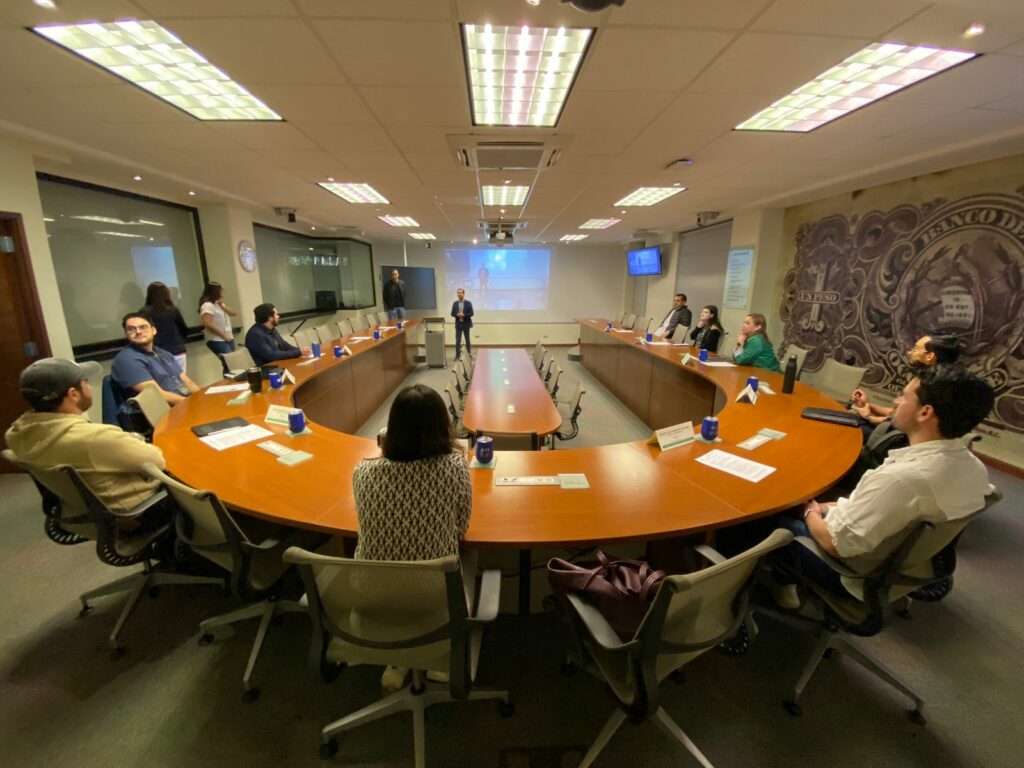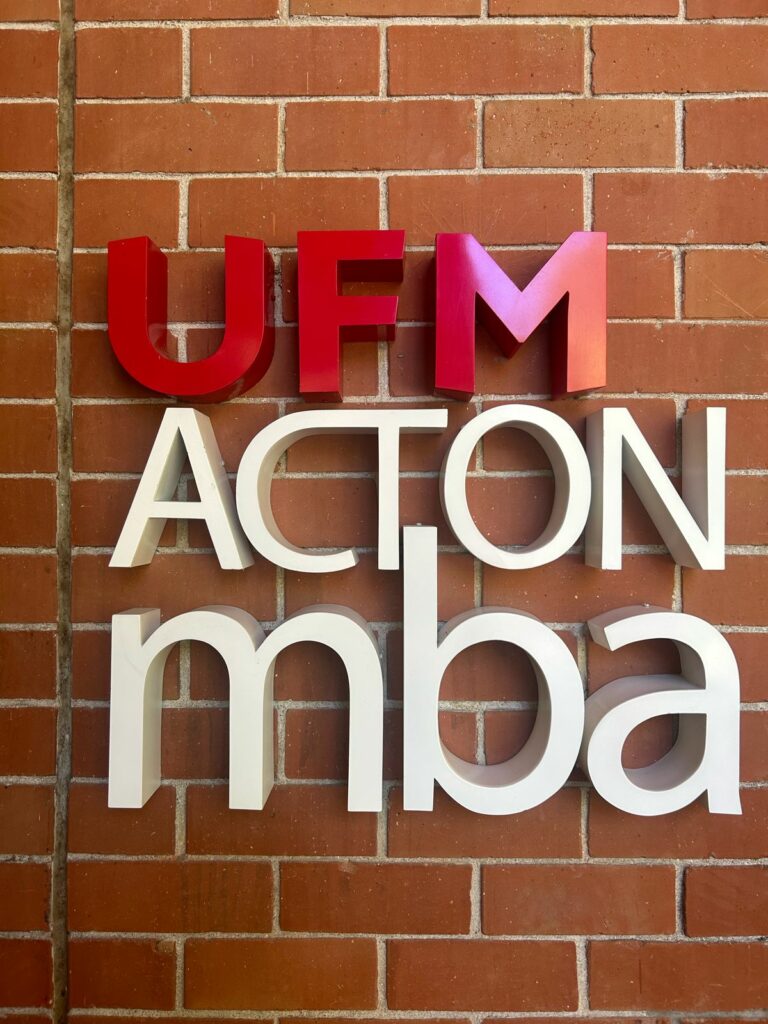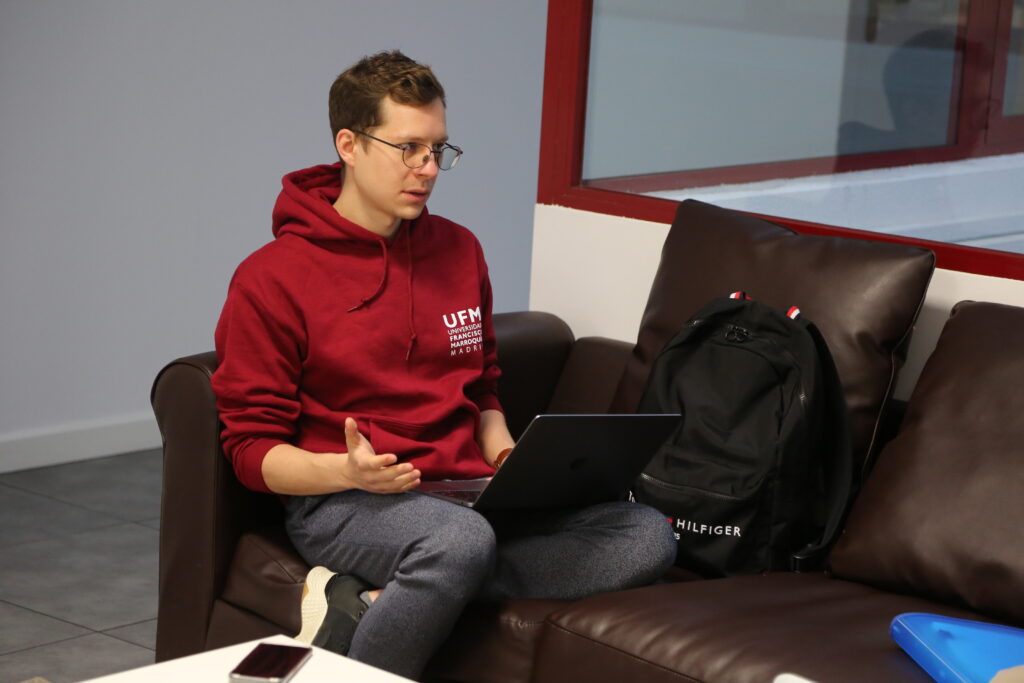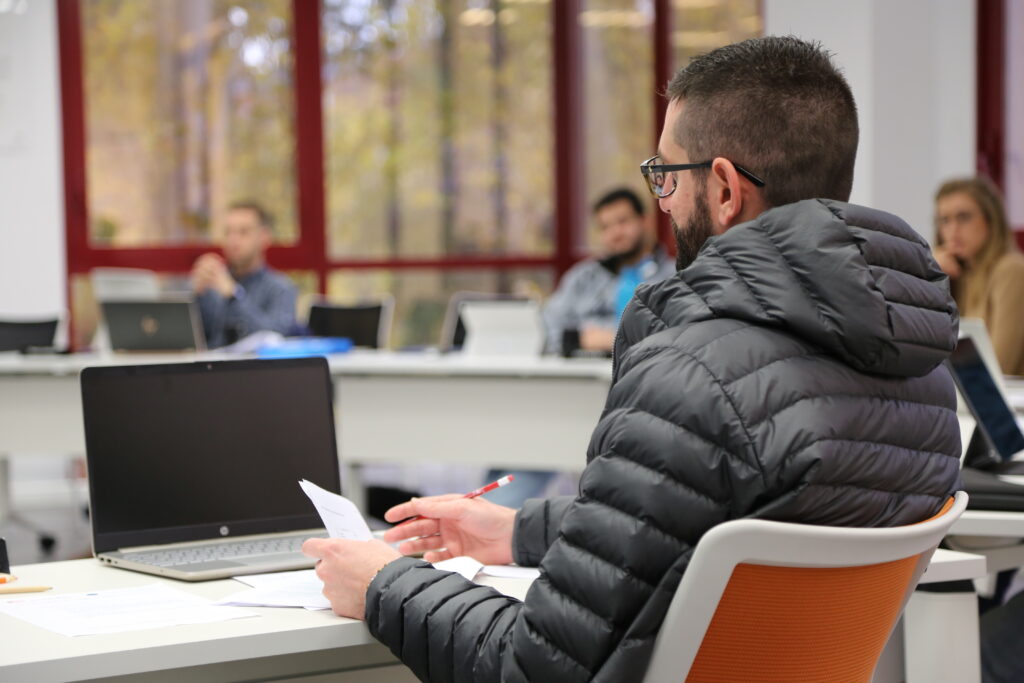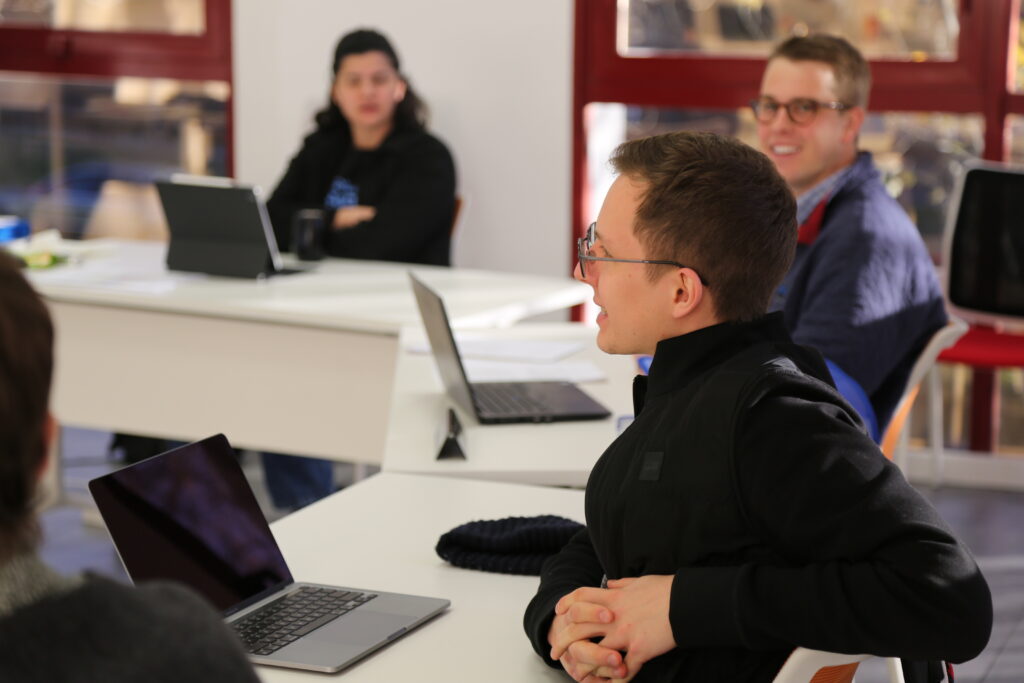When Entrepreneurs Talk: Beyond Frameworks
It wasn’t a lecture. It wasn’t a panel. It wasn’t even a case. It was a conversation—raw, honest, and unexpectedly transformative.
A group of entrepreneurs, each carrying different experiences and scars, came together to reflect. What began as a discussion around decisions and dilemmas evolved into something more profound: a mirror into the inner workings of entrepreneurial learning itself.
The Hidden Power of Alumni Dialogue
There’s something electric about alumni conversations. They don’t follow a script. They don’t adhere to a case structure. They wander, they probe, and—more often than not—they reveal truths that structured learning cannot touch.
One such truth emerged powerfully in this particular session: the real world does not grade you on how well you know the framework. Instead, it tests your ability to live with trade-offs, act with limited information, and lead without full consensus.
Frameworks are helpful. But frameworks alone won’t rescue a founder at 3 a.m. facing a moral crossroads.
When Reflection Becomes a Tool
What made this session so rich wasn’t the topic but the way the group approached it. Instead of focusing on “what should have been done,” they asked, “What does this say about how we think?”
The key insight: our mental models shape our decisions more than our information does.
Participants challenged each other’s logic, confronted biases, and debated not only actions, but the assumptions behind them. These moments of tension revealed something beautiful: the willingness to be wrong, to be vulnerable, to be in pursuit of truth rather than victory.
Ego, Humility, and Decision-Making
A central theme emerged—one that often goes unspoken in MBA programs: the tension between ego and humility.
The group admitted how easy it is to fall into “defending your point” instead of exploring the best solution. But in doing so, they rediscovered the true posture of a learner: open, adaptable, and bold enough to unlearn.
One member reflected, “If you’re not willing to let go of being right, you’re holding yourself back from growing.” A powerful takeaway, especially in an ecosystem where quick decisions and confident postures are the norm.
